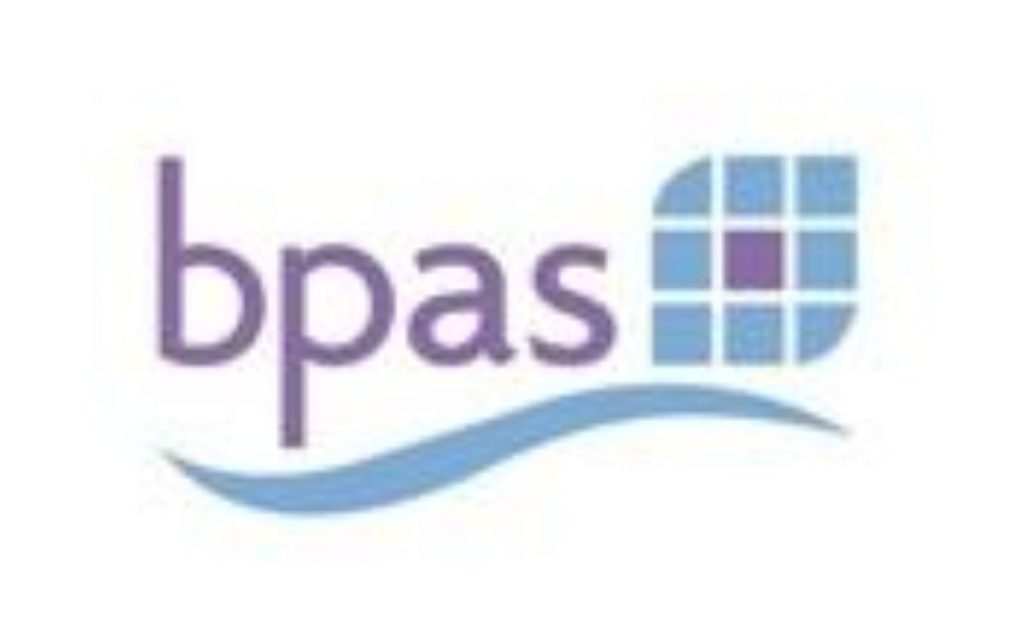BPAS: Leading abortion charity bpas takes legal action to make early abortion at home as straight forward
bpas today announced a High Court challenge to secure an updated interpretation of the 1967 Abortion Act that would allow the home-administration of medication prescribed for early medical abortion (EMA).
The case, which is being contested by the Department of Health, will be heard on January 28, 2011. bpas believes the current interpretation of the act as applied by the DH is not in keeping with the intentions of parliament when it passed the original legislation, which were to ensure abortion was provided safely.
EMA, which typically involves taking two sets of medication 24-48 hours apart to induce a miscarriage, is increasingly requested by UK women seeking abortion in the first nine weeks of pregnancy, with more than 70,000 such treatments in 2009.[1]
The Abortion Act 1967 (amended 1990) stipulates that “any treatment for the termination of pregnancy” must be carried out in a hospital or clinic. Currently this is interpreted by the DH as meaning that all EMA medication must be both prescribed and administered on licensed abortion premises. This means women must make separate trips to a clinic to obtain each drug, which must then be taken on the spot, before travelling home. In other countries, including the US, France and Sweden, the second medication is issued to women on their first visit with instructions for use at home.
The 2007 report by the House of Commons Science and Technology Committee on developments relating to the Abortion Act noted that there was “no evidence relating to safety, effectiveness or patient acceptability” that should stop legislation allowing the second medication to be taken at home. [2] Indeed women who have suffered an early “missed” miscarriage are given the same medication to take at home in recognition of the fact that at such a sensitive time it is preferable for a woman to be in the comfort and privacy of her own surroundings.
bpas believes the law could be interpreted differently to allow some of the abortion medication that has been prescribed and issued in a clinic to be administered by a woman at home, provided she has received careful instructions, has appropriate support, and chooses to do this.
Allowing home-administration of misoprostol, the medication needed to complete the abortion, eliminates a women’s understandable anxiety that she will experience cramping and bleeding on her way home. This is a particular concern among those who have come some distance or used public transport, with many women travelling more than an hour to access the service and some more than three.
The clinically unnecessary appointment for the second medication is often an inconvenient and stressful extra burden for those juggling work and childcare, and allowing home-use would enable a woman to take the medication at a time that most suited her and the needs of her family. For disadvantaged or younger women simply finding additional travel funds to attend an extra appointment can prove a hardship.
Ann Furedi, bpas Chief Executive said:
“We are asking for a Court Declaration that, in Early Medical Abortion, treatment should be defined as the prescribing and issuing of the necessary drugs, but not necessarily administration. This would be a definition in keeping with almost every other area of medical practice. The first medication would still be taken in the clinic, but the second could be taken at home, just as it is in other countries where this method is available.
“Abortion services must comply with the law. But, within that, they should be shaped by best clinical practice. It is wrong to compromise women’s care through unnecessary restrictions imposed by officials who fear criticism from those who oppose abortion in principle. Where abortion is legal, it is our job to make sure women do not suffer unnecessary anxiety or discomfort.
“Health officials say we cannot offer the service that our clinicians consider best for women under the current law. Our legal advice is that this is wrong, and that is why we are seeking a High Court judgment. A small, sensible change in the interpretation of the law would mean a huge difference for women’s experience.”
Commenting on the delivery of EMA internationally, Dr Kelly Culwell, Senior Abortion Adviser at International Planned Parenthood Federation (IPPF) said:
“The real advantage of medical abortion is its ability to increase access to safe abortion services and allow women greater autonomy and privacy than they might have during surgical abortion. Home-use has been adopted, and has become routine, in such diverse settings as India, Ethiopia, North Korea, France and the United States. Given the published research on this topic and extensive experience in developed and developing countries, there is no medical reason for opposition to home use of misoprostol for early first trimester medical abortion.”
For further information please contact the bpas press office on 0207 612 0206, 07788 725185, or 07976 414751
[1] ONS data shows that in England and Wales there were 67,836 medical abortions below 9 weeks gestation in 2009. These abortions accounted for 48% of all early terminations last year, compared to 18% in 2002. There were a further 6,531 early medical abortions in Scotland, ISD data shows.





-01.png)